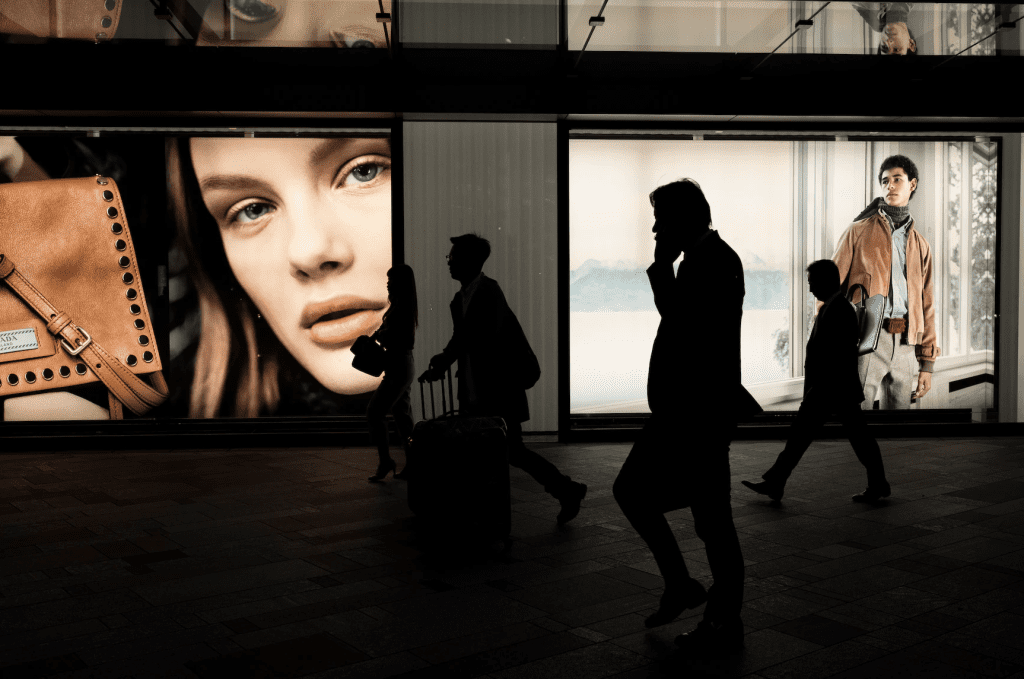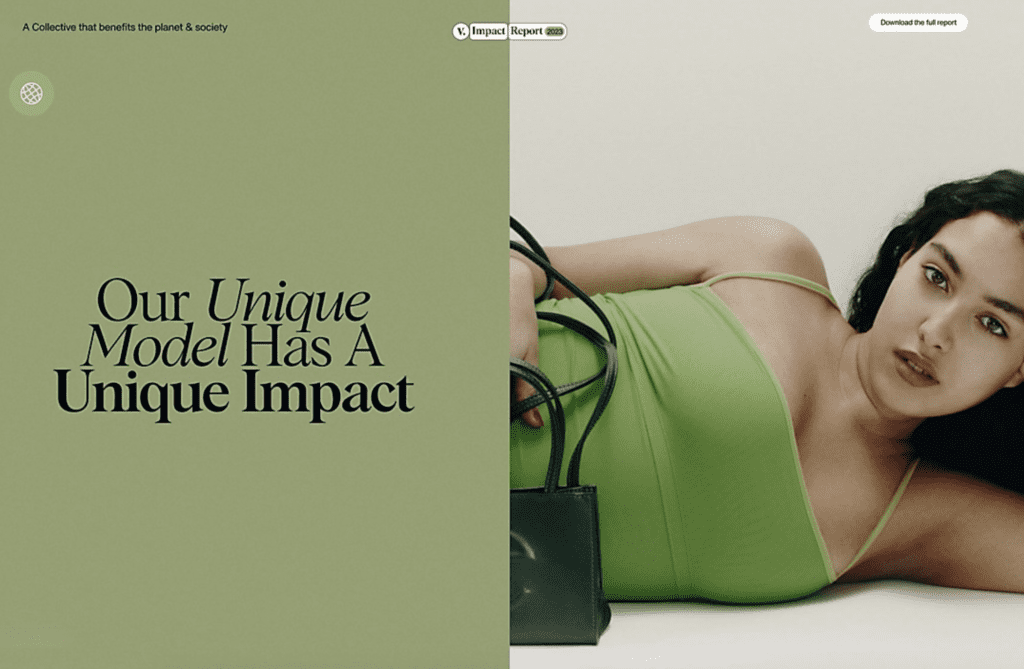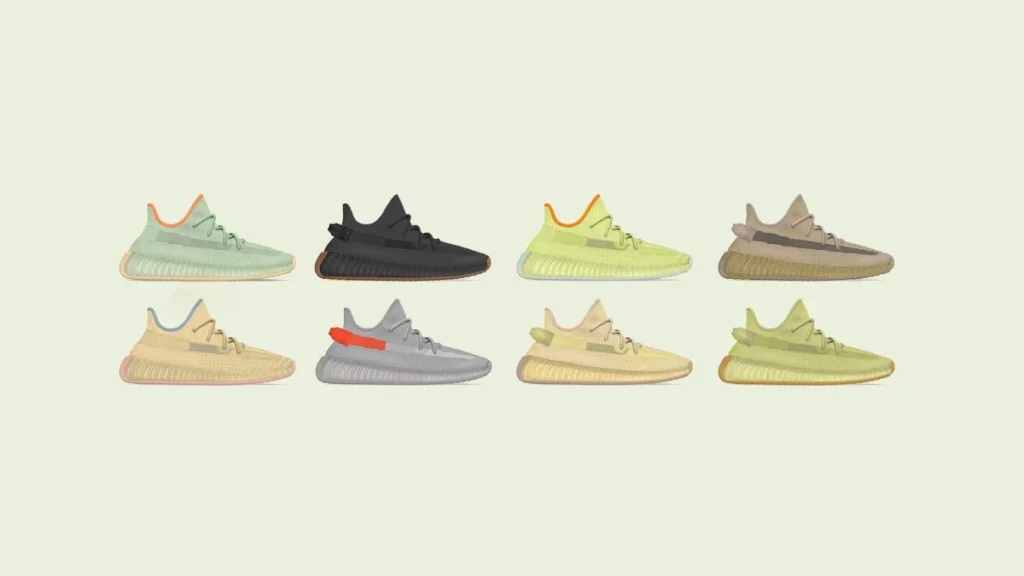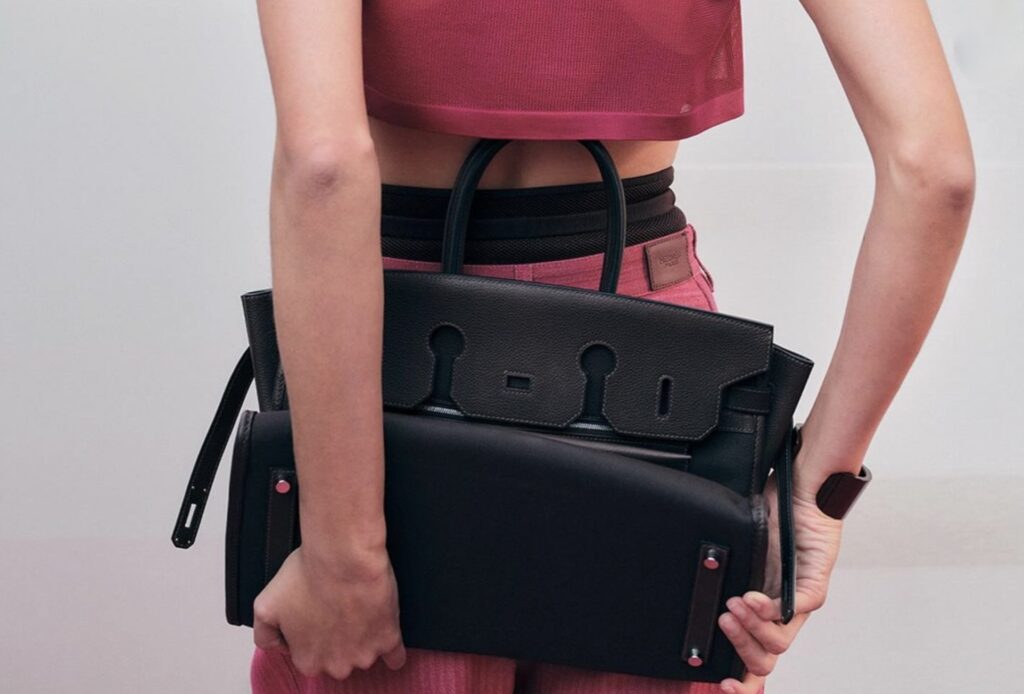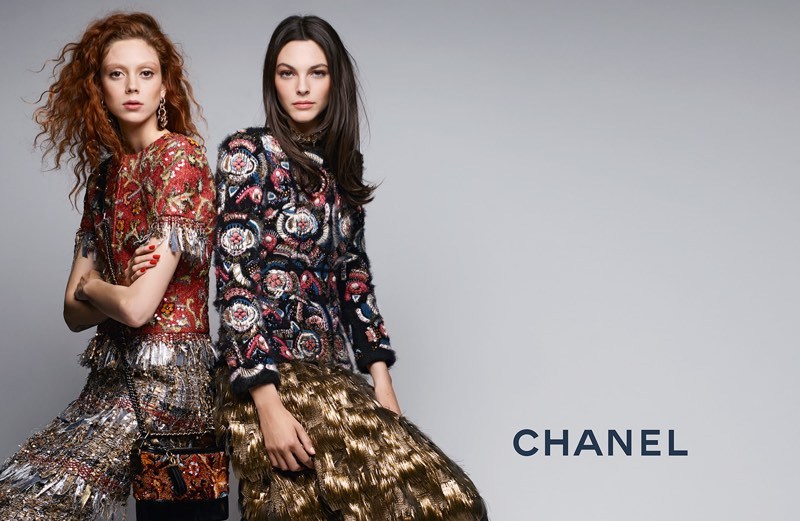
image: Chanel
“Chanel released its annual results for the first time in its 108-year history,” the New York Times’ Elizabeth Paton revealed on Thursday. Its revenue for 2017? $9.62 billion, up 11 percent from the year prior. The move to be more transparent comes as the Paris-based brand’s CEO Philippe Blondiaux says that the lack of information out there about Chanel’s bottom line has led “to the circulation of false or misleading information.” We now have a definitive number to go on and it is big.
$9.62 billion – which takes into account sales of the brand’s ready-to-wear business, accessories, and cosmetics, including its world-famous Chanel No. 5 fragrance – is significant in large part because it means that Chanel “is likely the largest single fashion brand by sales” in the world, per Paton – “outpacing rivals like Louis Vuitton and Gucci.”
But Chanel is not only outpacing Gucci. Based on the annual revenue report for Gucci’s parent company Kering – which owns Saint Laurent, Balenciaga, Bottega Veneta, and Alexander McQueen, among others, as well – Chanel out-earned the entire Kering group, which brought in a total of $7.6 billion for 2017.
As for whether Chanel has stripped Louis Vuitton of its title of the most valuable luxury brand, it is unclear. LVMH does not reveal revenue for its individual brands, but Forbes estimates, as of May, that Louis Vuitton’s annual revenue is $12.9 billion, which would put it directly ahead of Chanel. Other sources, such as Reuters, say that Louis Vuitton’s sales are lower, and closer to $9.2 billion, putting it neck-and-neck with Chanel.
Mr. Blondiaux told Reuters that the brand’s publication of its revenue numbers is “absolutely not” a precursor to a stock market listing. He also ruled out a sale. “It’s exactly the opposite – this financial statement shows that we are amazingly solid financially and we can keep our status as a private, independent company for the next few centuries.”
“Instead of having others report, we’ve decided to put the facts on the table about who we are,” he added.
Luxury brands – which tend to fiercely guard their manufacturing practices and other supply chain information as valuable trade secrets – have been subject to growing demands for transparency, and Chanel’s decision to reveal its financial state comes as more brands at the upper echelon of the fashion industry say they are making strides to be less opaque with their day-to-day dealings, whether it be in the form of public-facing corporate social responsibility reports or alliances for the well-being of models.








